Writing the forgotten: how Dr. Kate Godfrey brings hidden stories to light
Featuring: Dr. Kate Godfrey – Assistant Professor, History Department
From the archives of Seville to classrooms in Canada, Dr. Kate Godfrey’s journey wasn’t always heading toward academia—but the detour has led to extraordinary discoveries. Once set on becoming a professional artist, Kate found her true calling in deciphering centuries-old manuscripts and mentoring students in the art of historical inquiry.
As an Assistant Professor in UFV’s History Department, Kate is reshaping how students engage with the past. Her courses delve into underrepresented voices, myths of empire, and even film as a lens on Latin American history. She champions the idea that history is not just about what happened—it’s about how we understand the present and imagine the future.
In this conversation, Dr. Godfrey shares her academic journey, the passions driving her research, and the advice she hopes every student carries forward.
College of Arts: Could you start by sharing a bit about your journey as an educator?
Kate: I’d like to begin the answer to this question by underscoring the importance of remaining flexible when it comes to personal journeys. I hadn’t envisioned a future as an educator when I was younger; in fact, I thought I was going to be a professional artist. However, life had different plans for me, and I could not be happier with how this journey has unfolded. I first came to my role as an educator while completing my master’s degree, when I was given the opportunity to lead several Spanish paleography classes. I thoroughly enjoyed helping students recognize letters, make connections, and decipher centuries-old passages from scribes who had lived long before our present day. It was this enjoyment that soon turned into a full-fledged spark where I recognized several things: I enjoyed connecting with students; I deeply cared about the art of imparting wisdom onto them; and finally, to learn from students and how to best advocate for them is both a gift and the most honorable career I can imagine.
CoA: What inspired you to specialize in your field?
Kate: I’m a third generation Floridian, so growing up in one of the United States’s gateways to Latin America impacted my childhood and how I understood the world around me. I started learning Spanish when I was about 4-years-old, which led to a desire to become multilingual as I grew into adulthood. My field of specialization, however, crystalized when I conducted research at the Archives of the Indies in Seville, Spain for the first time when I was 21 years old. Not only did archival research allow me to “time travel” and contemplate the many ways that humans have interacted with each other over the course of centuries, but this labor also let me better understand Florida, the place that I call home.
Furthermore, and most important for my field of research, archives are full of stories of people that, for centuries, scholars have ignored, silenced, or just forgotten. My role as a historian and educator concerned with writing and teaching about the histories of marginalized peoples such as Indigenous, Afro-, and Asian-descended populations is to show that the past – much like the present – is a diverse place where people held, maintained, and exerted power in all sorts of ways. By studying the ways that Indigenous people, and women for example, survived and in some cases thrived amid the chaos and violence of colonialism, is what inspired my field of specialty.
CoA: What topics or themes would you be interested in developing for new or special topic courses?
Kate: Right now, I am in the process of designing several courses, one of which is centered on Latin American history through film. I want to take students on a journey to show the many ways that Latin America, from pre-contact to present-day, has been presented through this crucial media form. We will grapple with the question of film’s freedoms and limitations and how writers, directors, and illustrators influence the ways that audiences digest historical events, people, and even social movements across Latin America, both in situ and beyond. I am also developing a course called “Global Matrilinealities” wherein students will dive into comparative studies of how matrilineal cultures function and the extent to which they are impacted by European colonialism. Last but not least, I am in the process of creating what I envision will be an upper-level course, tentatively titled “Myths and Empire,” which will examine the role that myths such as that of El Dorado had in advancing or even challenging colonial expansion efforts. All of these courses prioritize primary sources as vehicles through which students will learn.
CoA: What do you hope your students take away from your classes?
Kate: It is my ardent desire that students leave my classroom with the understanding that studying the past is not an idle exercise but is instead a dynamic and rewarding endeavor with real world implications. I want my students to remain curious, to keep asking questions about why we have inherited the world that we have from earlier generations, and what history can teach us about proposing answers going forward. Furthermore, I hope that students take the tools they have either learned or sharpened in my courses to make a positive impact in their homes, communities, and the broader world. Essentially, if my students pause to reflect on the question “what bigger impact will this specific decision I am making have both now and for generations for to come?” then I know I have done my job.
CoA: Reflecting on your career so far, what has been the most rewarding aspect of being an educator?
Kate: One of the most rewarding aspects of being an educator is to see both current and former students achieve their desired goals, and even if the goal has changed, championing students’ flexibility has been equally rewarding. In whatever way I can mentor students as they grow and change into the people they wish to be is where I thrive. Moreover, as an educator, writing letters of recommendation for students who have shown a commitment to learning and putting themselves out there to learn more about the world and their field of specialty has been such a treat. I love to reflect on students’ achievements, strengths, and to remind them in times of doubt that their education, inquisitiveness, and most importantly their minds, are three of the sharpest and most useful tools they wield as they face challenges both presently and in the future.
CoA: If you could leave a lasting message or piece of advice for your students and community, what would it be?
Kate: There are a few pieces of advice I would like to leave: Speak up for yourself and for others. Remain empathetic and, when able, be ready to lend a helping hand to the people and community surrounding you. Volunteer. And if being around people isn’t your forte, help out at animal shelters, clean up overgrown cemeteries, whatever needs to be done!
Dr. Kate Godfrey reminds us that history isn’t locked in the past—it’s alive, layered, and full of voices waiting to be heard. Through her teaching, she invites students to become thoughtful stewards of memory and change-makers in the world.
With passion, curiosity, and a dedication to justice, she’s helping the next generation write a more inclusive and critical history—one course at a time.

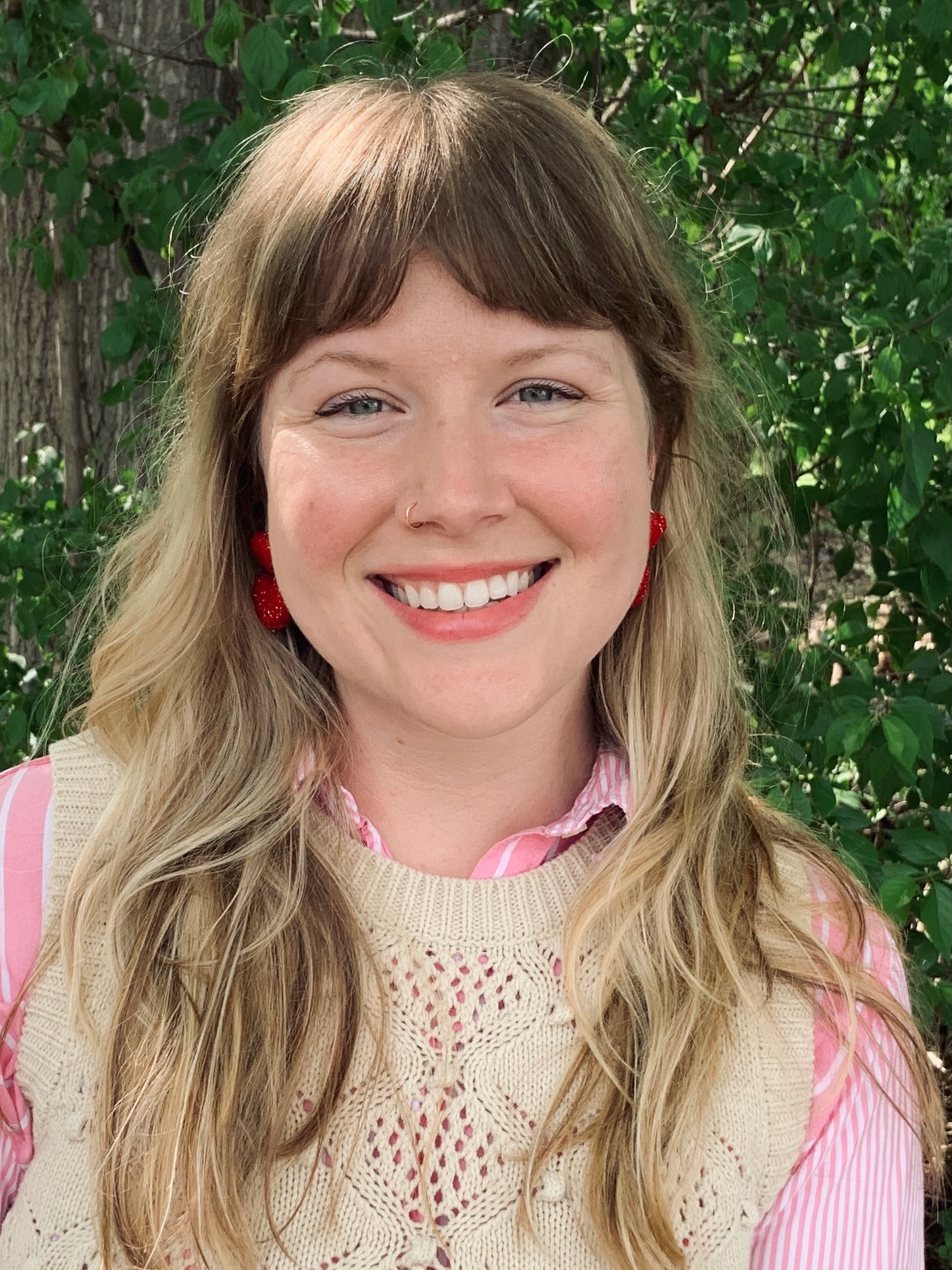
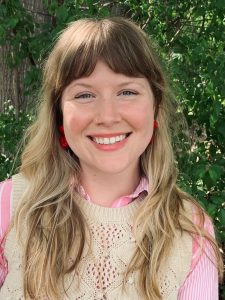
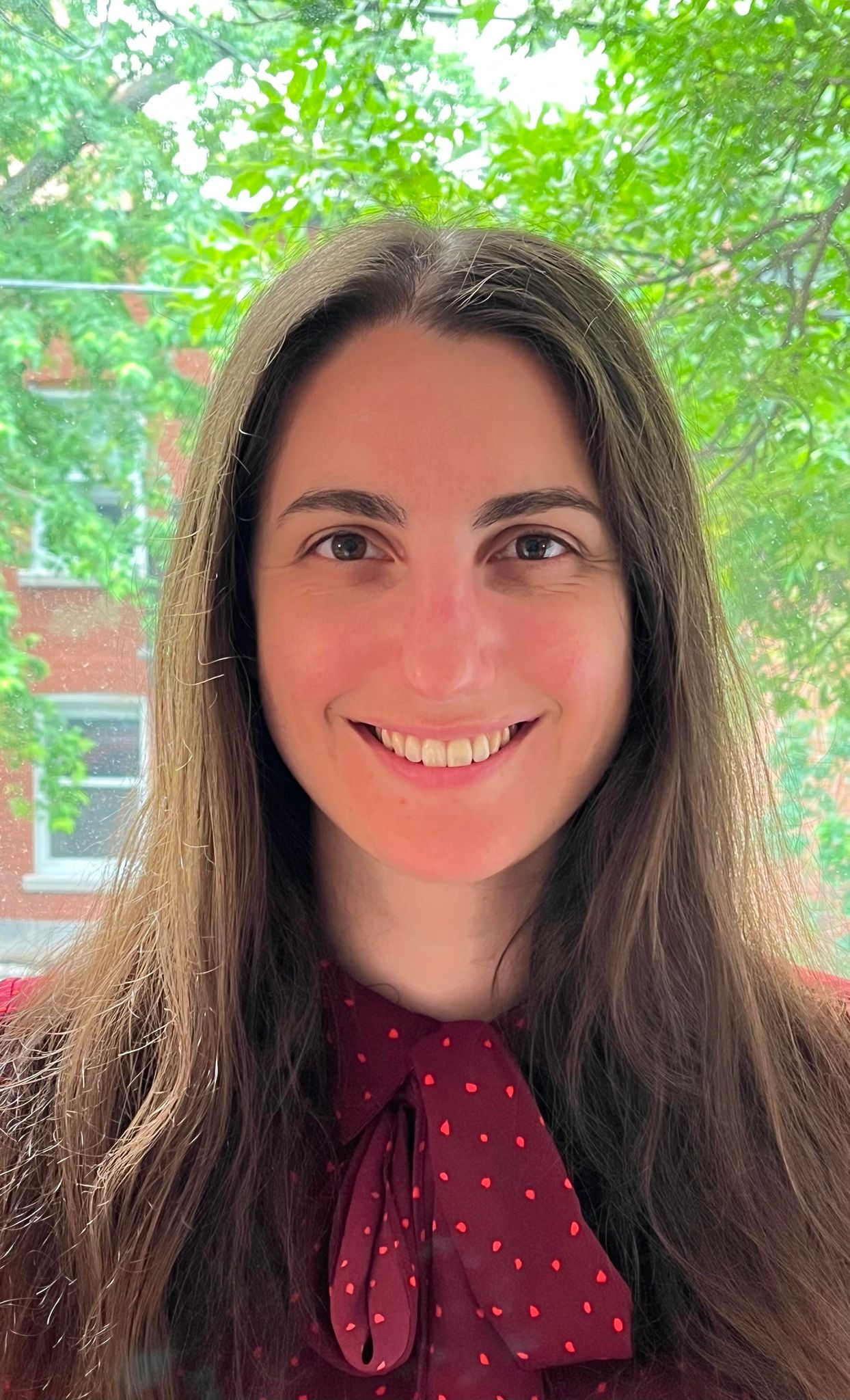

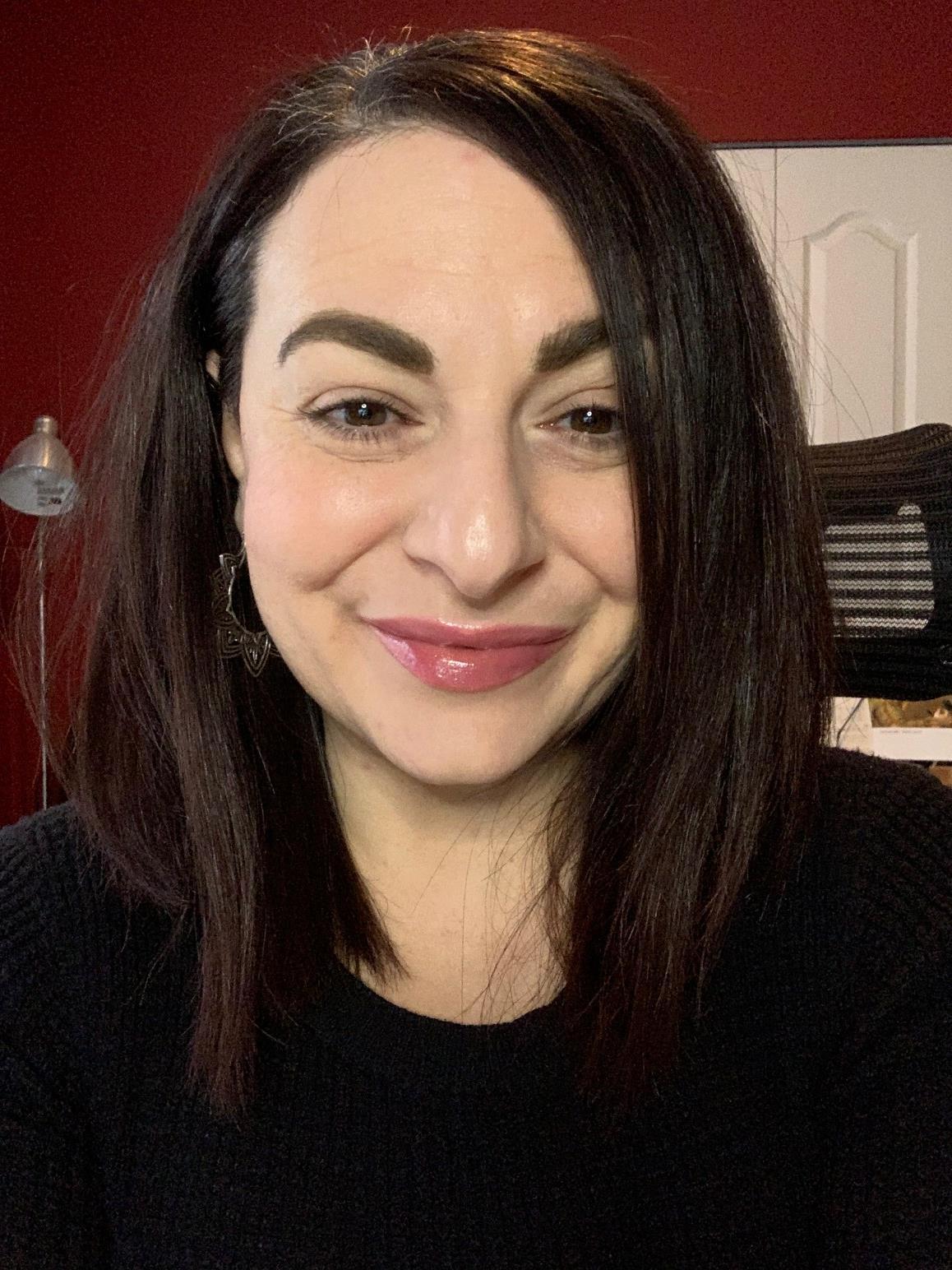


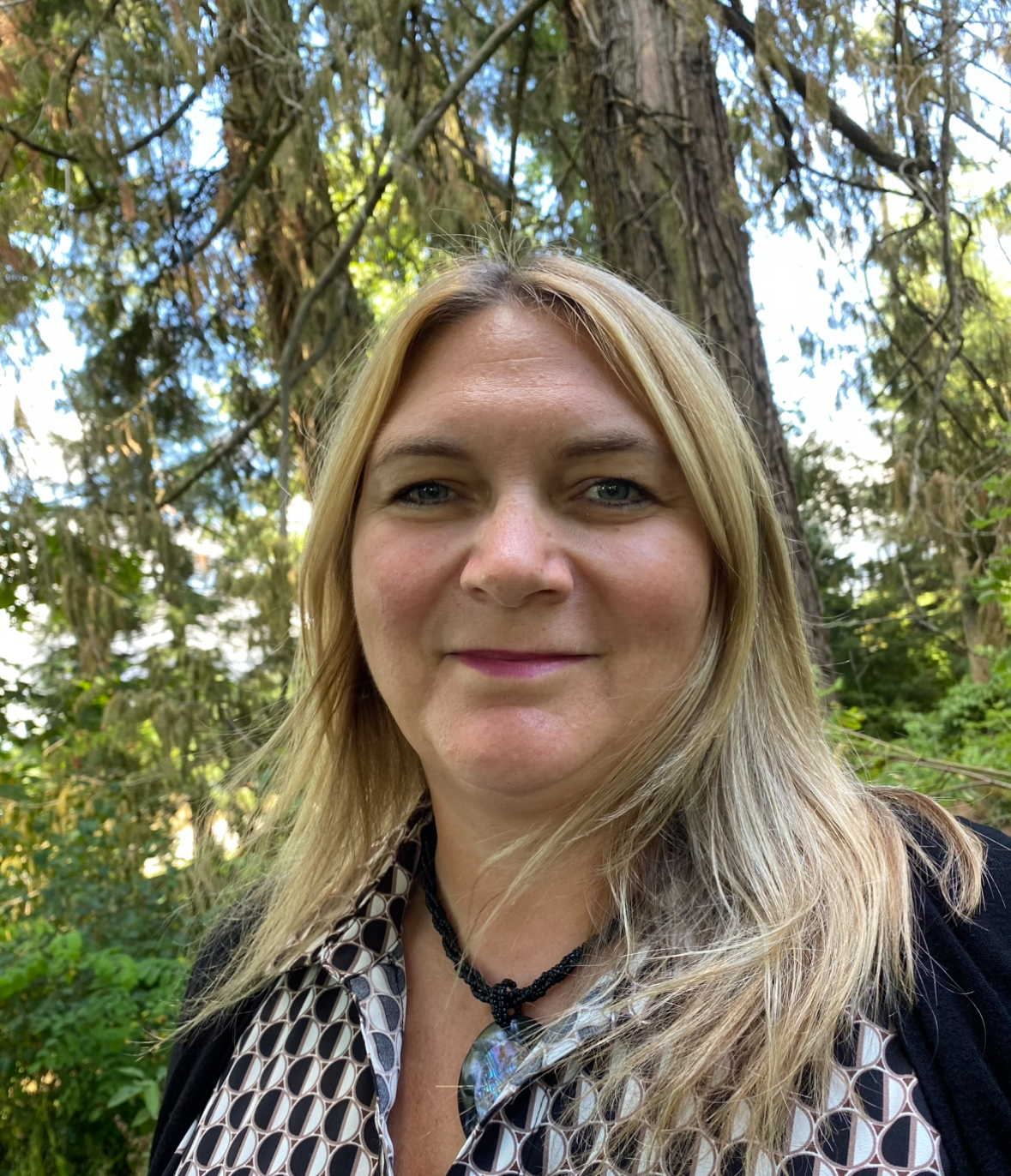
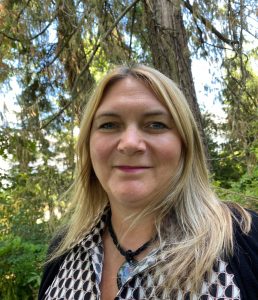 Featuring: Susan Hampton (Sue), Assistant Professor of Arts and Integrated Studies
Featuring: Susan Hampton (Sue), Assistant Professor of Arts and Integrated Studies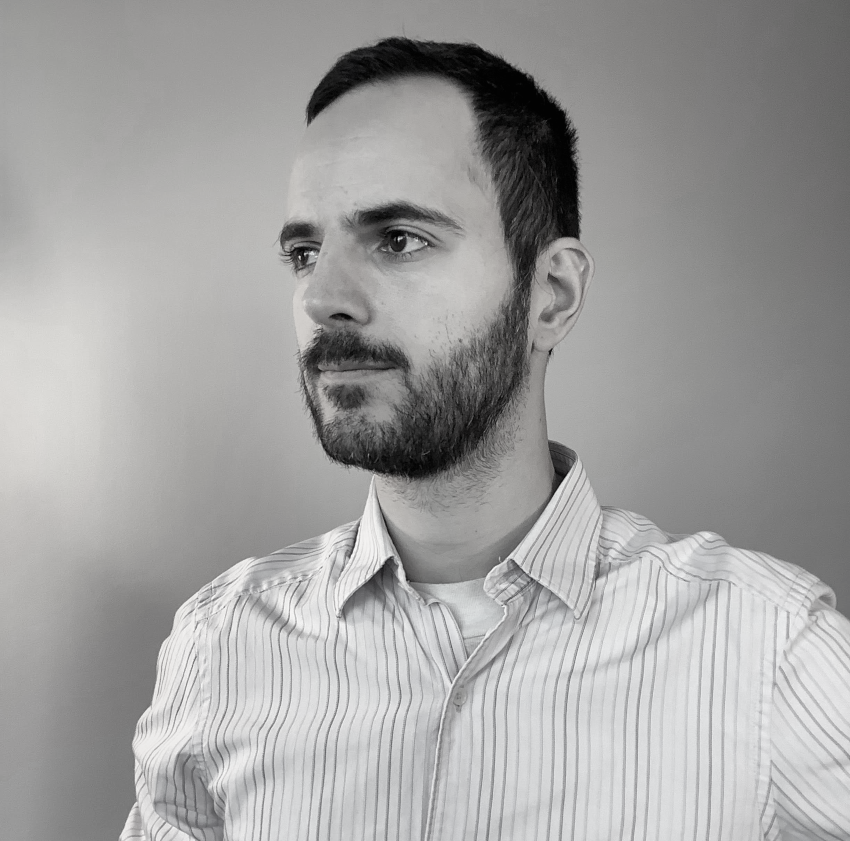
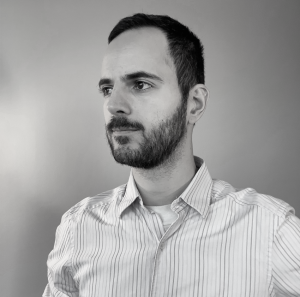
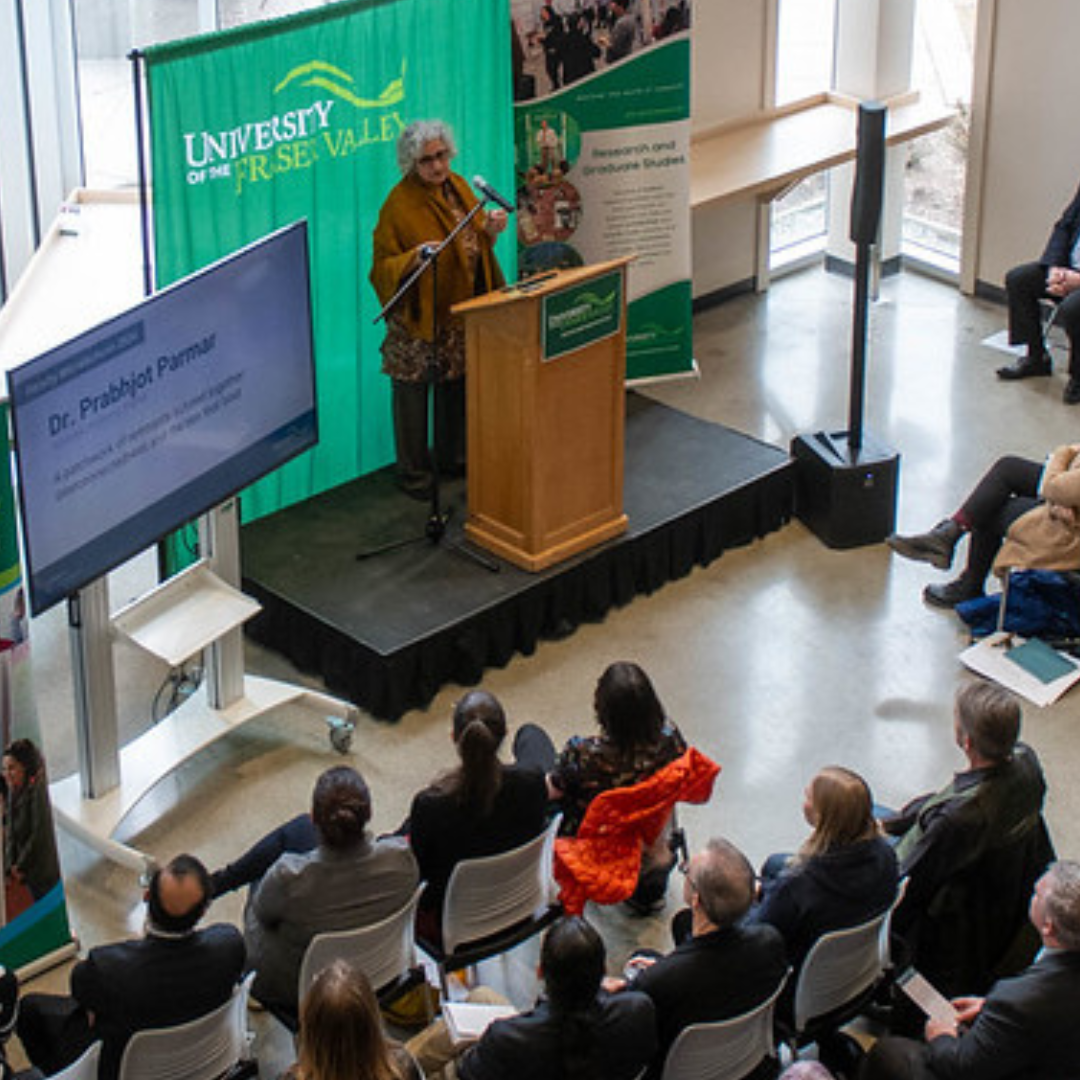
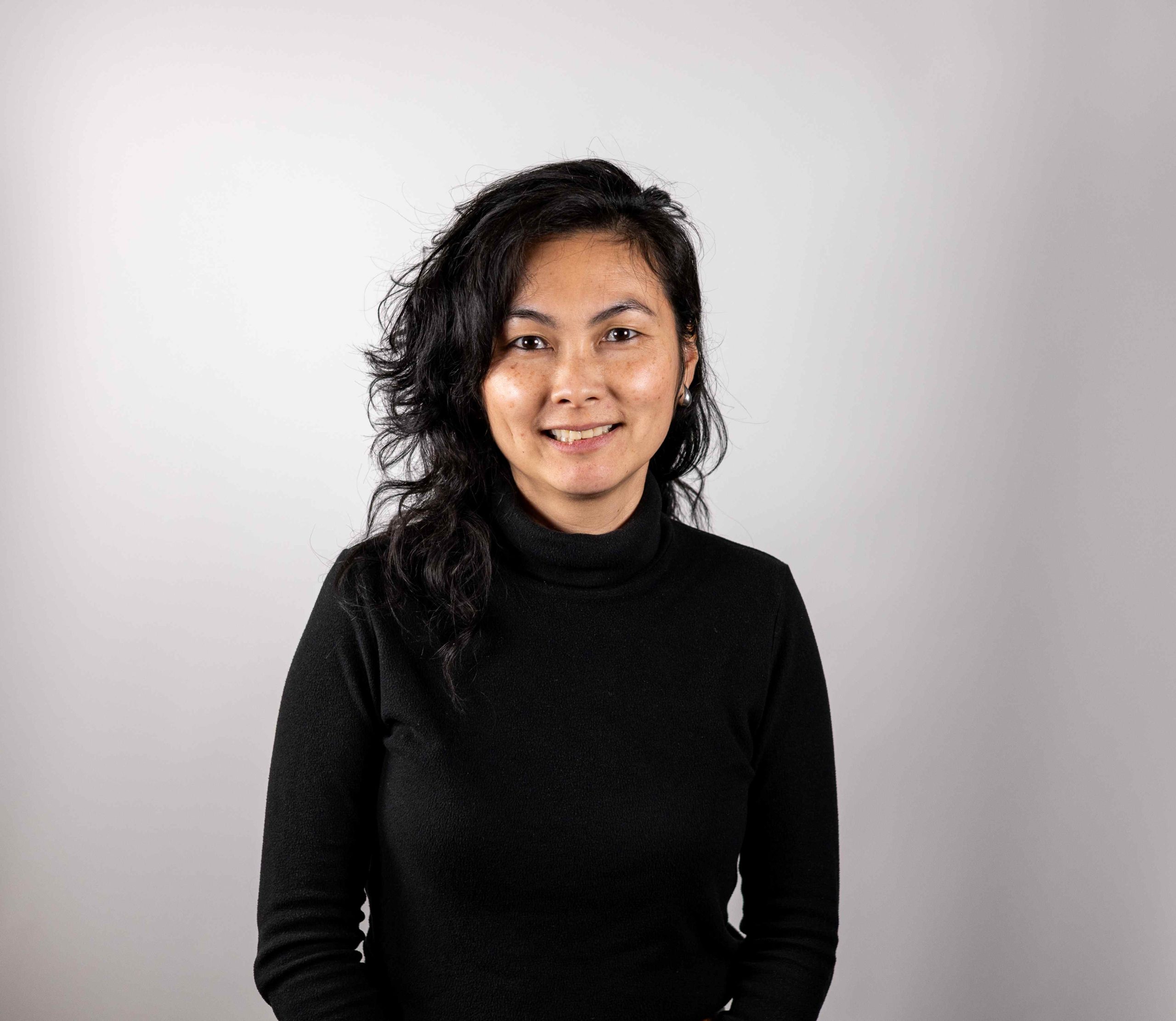
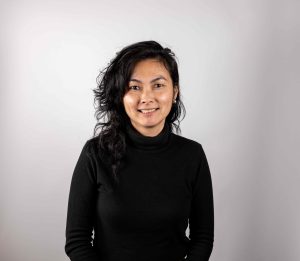 Featuring: Marcia Higuchi – Assistant Professor, Graphic and Digital Design
Featuring: Marcia Higuchi – Assistant Professor, Graphic and Digital Design